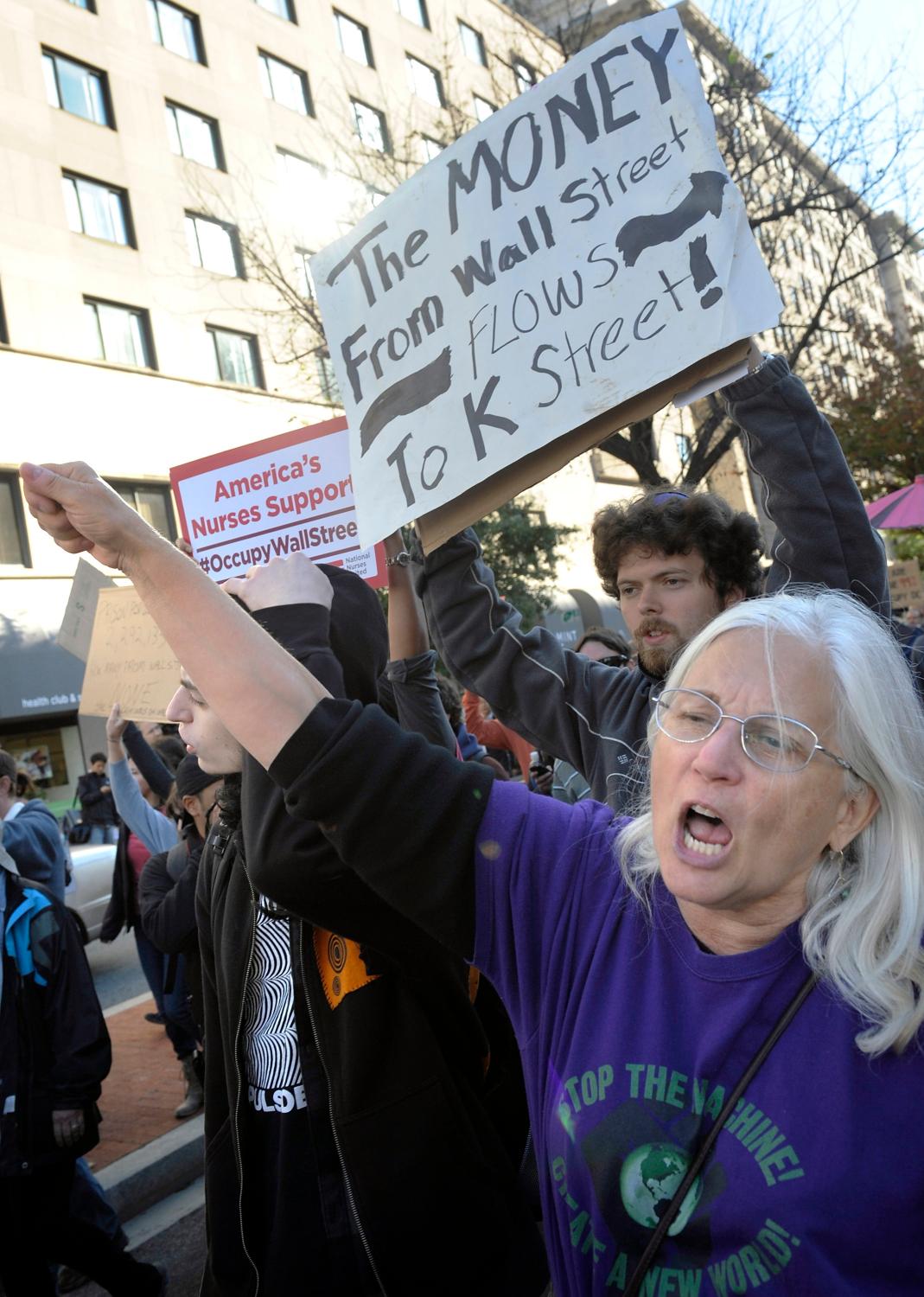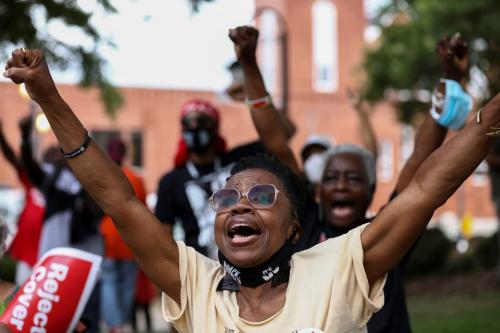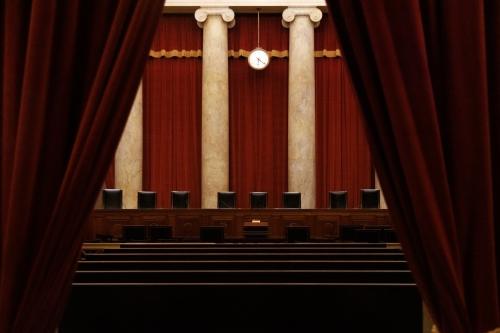Citizens in American democracy have multiple channels for the expression of political voice, among them, organized interest politics in Washington. But the advocacy on behalf of citizen preferences and needs in national politics is neither universal nor representative. That is, not all voices speak equally loudly in organized interest politics and systematic processes operate to influence which voices are amplified by a megaphone and which ones speak in a whisper. The result is pronounced inequalities of political voice.
Drawing upon the Washington Representatives Study, an extensive data base covering the period from 1991 to 2011, Schlozman et al. ascertain how the Washington pressure system has grown and assess any changes in the balance among the kinds of interests represented and the resources they devote to influencing policy.[i] We find more of the same: more organizations and more dollars invested in lobbying but little change in the kinds of interests represented. For all the diversity among the thousands of organizations active in Washington, policymakers hear much more from advocates for narrow interests than from supporters of broad public interests and much more from those with deep pockets than from the less affluent. A half century ago, E.E. Schattschneider observed famously that “the flaw in the pluralist heaven is that the heavenly chorus sings with an upper-class accent.”[ii] The chorus now has more members, and they sing more loudly, but the accent is unchanged.
Some of the main findings in the paper include:
- The Washington pressure community has enlarged. Between 1991 and 2011, the number of organizations active in Washington politics has more than doubled — surpassing the increase in the U.S. population and inflation-adjusted GDP or federal spending over the period.
- There is steady increase in the share of organizations from the health and education sectors.
- There is also progressive expansion in the space in the Washington pressure system occupied by state and local governments.
- In contrast, several categories of membership associations that have traditionally figured importantly in pressure politics — trade and other business associations, occupational associations, and unions — constitute a diminishing share of the organizations active in Washington.
- By a factor of almost three, the most numerous organizations in the economic domain are corporations.
- In each year across the time series, business interests represent a majority of organizations active in Washington. In contrast, the voices of the less privileged never make up more than 3 percent of the chorus, and the public interest and identity groups that capture so much attention in discussions of interest politics taken together never make up as much as a tenth.
- In 2011 dollars, total lobbying expenditures for the organizations listed in the Washington Representatives directory rose from $2.07 billion in 2000-2001 to $3.33 billion ten years later — remarkable growth for a decade that included the Great Recession.
[i] This posting is a radical condensation of arguments and data in Kay Lehman Schlozman, Sidney Verba, and Henry E. Brady, The Unheavenly Chorus: Unequal Political Voice and the Broken Promise of American Democracy (Princeton: Princeton University Press, 2012) chaps. 10-14; and Kay Lehman Schlozman, Philip Edward Jones, Hye Young You, Traci Burch, Sidney Verba, and Henry E. Brady, “Louder Chorus – Same Accent: The Representation of Interests in Pressure Politics, 1981-2011,” paper presented at the Annual Meeting of the American Political Science Association, Chicago, Illinois, August 29-September 1, 2013. Full technical details and a greater elaboration of these themes can be found in both sources, along with any data cited in the text but not the tables and acknowledgement of the many research assistants to whom we are indebted.
[ii] E.E. Schattschneider, Semi-Sovereign People (New York: Holt, 1960), p. 35.



